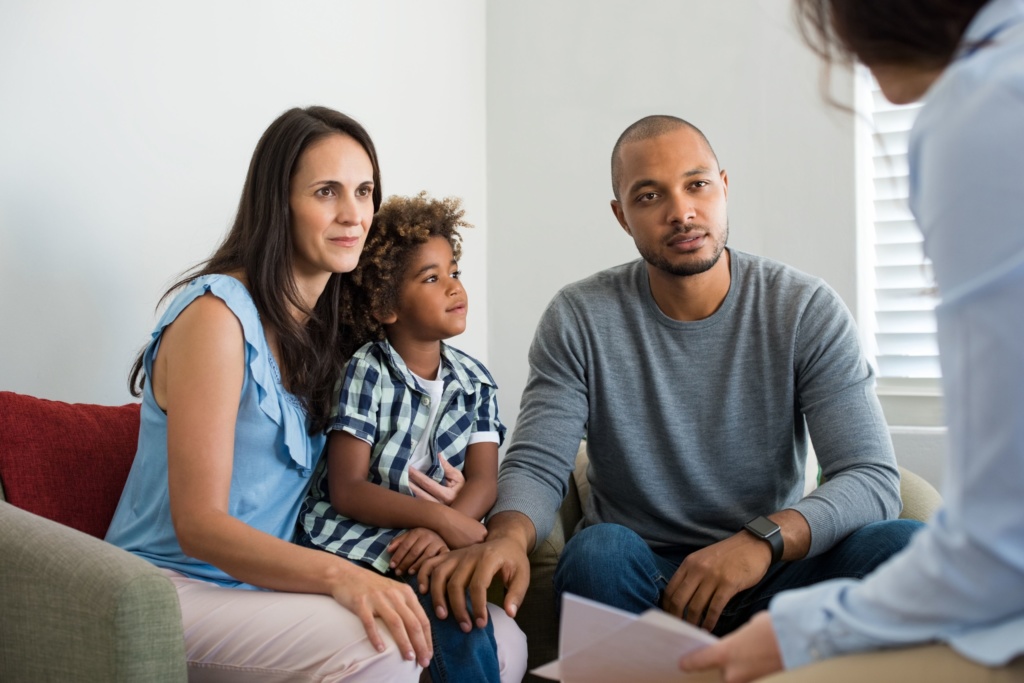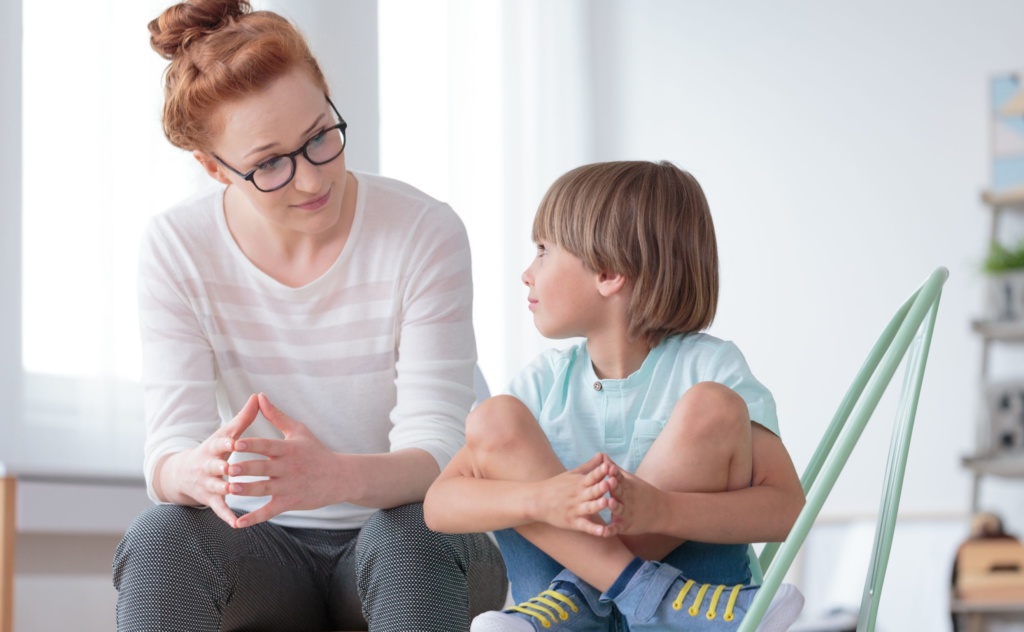
Educational Psychologists (known more commonly as EPs) offer a wide range of interventions based on best practice and research evidence, which can be delivered at an individual, group, school (nursery, college etc.) or local authority level. In his work on educational psychology, Cameron suggested five key dimensions of practice which continue to encapsulate the role of EPs:1
- adopting a psychological perspective to human problems
- uncovering variables which link particular situations with specific outcomes
- employing psychological knowledge to create explanatory models of complex human problems
- using evidence-based strategies for change
- sharing and promoting big ideas from psychology
This article seeks to provide an overview of the role of EPs and some of the types of work you may expect them to undertake if they are working in your school or setting. In practice, our work with schools tends to involve a mix of direct work through intervention or assessment with a child and consultation with key adults in the system around the child such as schools, parents/carers and/or other professionals.
We also work at the group and systemic levels, including staff supervision and training and work with families. As EPs, we have been trained to view children holistically and to consider all areas of development, therefore the work we do and the children we become involved with can vary hugely—no two days are the same! The work includes, but is not limited to, children who may have SEND or who demonstrate social, emotional and mental health difficulties, seeking to understand their behaviour within their own context.
1. What is consultation?
Consultation, which seems to have become the dominant model of service delivery in many EP services, is about more than just ‘having a meeting to discuss a child’s needs’. EPs prioritise this way of working because of the rich information it can provide about a child or young person. This helps to inform our psychological hypothesis about the identified concerns and then we work collaboratively to think about and jointly plan the way forward. It is also a chance for the adults, who know a child best, to come together and form a joint view of the ‘problem’, and for someone external to the situation (the EP) to support this by offering alternative ways of viewing the situation or presenting concerns; this is done in a way that those who are embedded within the system may not be able to do.
EPs work most closely with SENCOs and Inclusion Managers and will often identify together the priorities for EP work over the year through planning meetings. If teachers have concerns about pupils or anything else they feel an EP could offer support for, they should make a time to speak with their SENCO and discuss this further. This will ensure that the setting’s graduated response to SEND is followed. If it is agreed that an EP involvement would be beneficial it is useful for teacher’s to be involved in completing the referral or request forms and participating in the consultation meetings. It is important for EPs to meet with teachers, because they are one of the key groups of people who have regular contact with a child and therefore know them well. It is also often teachers who will be able to identify potential solutions when they are given the time and space to explore it and teachers who will implement the support discussed. It is therefore important for EPs to meet with teachers, because they are one of the key groups of people, who have regular contact with a child and therefore know them well. It is also often teachers, who will be able to identify potential solutions when they are given the time and space to explore it.
Consultation is often the preferred way of working for many EPs because many believe that key adults around the child already have a lot of the information needed to unpick the concerns which have been raised. EPs often seek to unpick ‘what is the psychological question being asked’? and to work in partnership with the adults who know a child best to work out how best to answer this. When the consultation approach is used within a school, the EP may not necessarily engage directly with a child but with the child’s parents/carers, who must be consulted (and the child where appropriate) before any discussion can take place with the EP.
